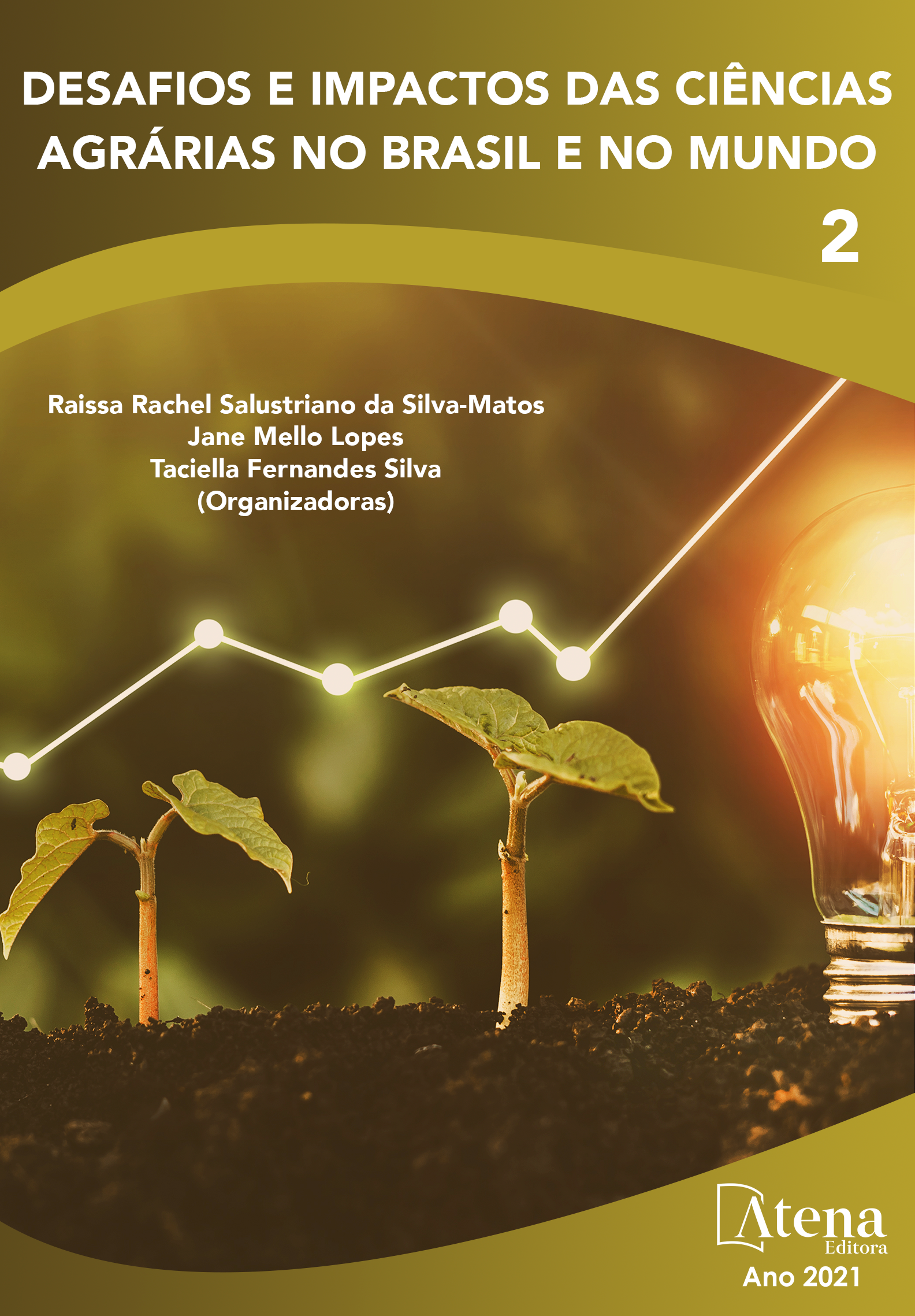
CARACTERIZAÇÃO DOS ESTABELECIMENTOS DE AGRICULTURA FAMILIAR: UMA ANÁLISE DAS ATIVIDADES AGRÍCOLAS E NÃO AGRÍCOLAS POR MEIO DO CENSO AGROPECUÁRIO
Uma das características mais marcantes da agricultura familiar brasileira é a sua heterogeneidade e, incluso neste aspecto, estão as diferentes formas de complementar a renda familiar. Nesse sentido, este artigo tem como objetivo caracterizar a agricultura familiar, no Brasil, em especial à questão dos plurirrendimentos, que são os estabelecimentos onde há atividades agropecuárias (produção vegetal, produção animal e derivados, e produtos agroindustriais) conjuntamente com aquelas atividades não vinculadas à agropecuária (podendo ser outras receitas do estabelecimento ou do produtor). O estudo é ampliado utilizando-se de dados das receitas da agricultura familiar no Rio Grande do Sul e Pernambuco, dois estados que têm disparidades socioeconômicas e manifestam diferentemente as estratégias pluriativas. Com a finalidade de atingir os objetivos, foi feito um levantamento bibliográfico sobre o tema, além de uma pesquisa exploratória com a coleta de dados quantitativos secundários utilizando o Censo Agropecuário de 2006 e 2017, como também indicadores socioeconômicos disponíveis no IBGE-SIDRA e IBGE Estado e Cidade. Como resultado, observa-se uma estratégia de diversificação da renda do agricultor familiar, ao realizar atividades além das agrícolas dentro da propriedade ou fora dela. Os dados nos estados de Pernambuco e Rio Grande do Sul evidenciam a hipótese de que as condições socioeconômicas podem influenciar no plurirrendimento dos estabelecimentos, com base nos indicadores socioeconômicos.
CARACTERIZAÇÃO DOS ESTABELECIMENTOS DE AGRICULTURA FAMILIAR: UMA ANÁLISE DAS ATIVIDADES AGRÍCOLAS E NÃO AGRÍCOLAS POR MEIO DO CENSO AGROPECUÁRIO
-
DOI: 10.22533/at.ed.57921020614
-
Palavras-chave: Agricultura familiar; Pluriatividade; Plurirrendimentos; Heterogeneidade; Censo Agropecuário 2006/2017.
-
Keywords: Family farming; Pluriactivity; Pluri-incomes; Heterogeneity; Agricultural Census 2006/2017.
-
Abstract:
One of the most striking characteristics of Brazilian family farming is its heterogeneity and, included in this aspect, are the different ways of complementing family income. In this sense, this article aims to characterize family agriculture in Brazil, especially the issue of pluri-income, which are the establishments where there are agricultural activities (plant production, animal production and derivatives, and agroindustrial products) together with those activities not related to agriculture (which may be other recipes from the establishment or producer). The study is expanded using data from the revenues of family agriculture in Rio Grande do Sul and Pernambuco, two states that have socioeconomic disparities and manifest different pluriactive strategies. In order to achieve the objectives, a bibliographic survey was carried out on the subject, in addition to an exploratory research with the collection of secondary quantitative data using the Agricultural Census of 2006 and 2017, as well as socioeconomic indicators available at IBGE-SIDRA and IBGE State and City. As a result, a strategy of diversification of the family farmer's income is observed, when performing activities beyond agricultural activities within or outside the property. The data in the states of Pernambuco and Rio Grande do Sul show the hypothesis that socioeconomic conditions can influence the pluri-income of establishments, based on socioeconomic indicators.
-
Número de páginas: 28
- Paulo Henrique Pulcherio Filho
- Pedro Talora Bozzini
- Vitória de Andrade Tronco
- Adriana Estela Sanjuan Montebello
- Adriana Cavalieri Sais
- Isadora de Andrade Tronco


